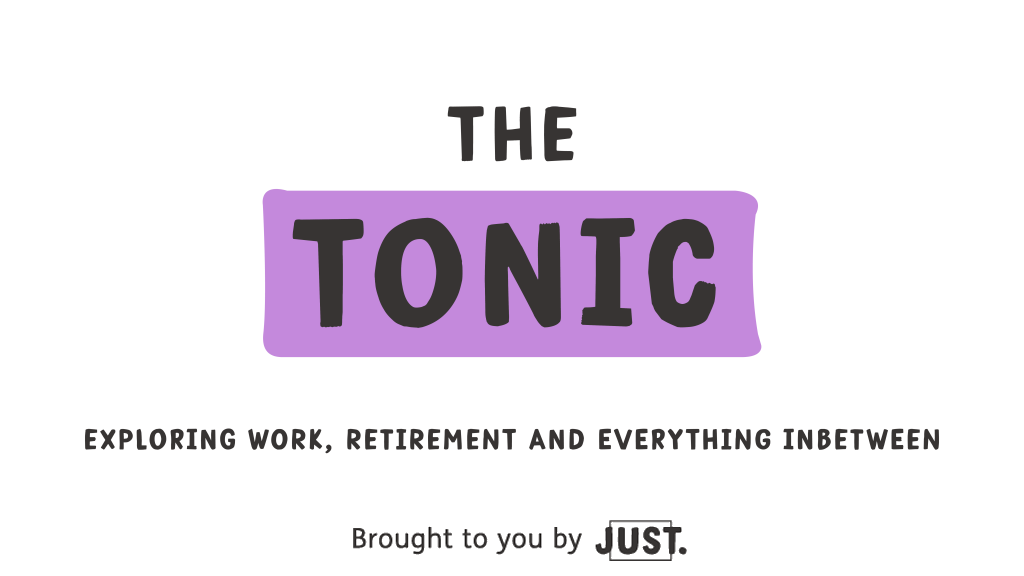Common nutrient deficiencies and how you can improve your intake
As we mature, our nutritional needs can change, and we can find ourselves missing out on the nutrients we need more of as we age. Which in turn may contribute to nutrient deficiencies. And adults in the UK – particularly those over the age of 40 – may face challenges in maintaining their optimal nutritional levels.
Several factors, including dietary habits, lifestyle choices, and physical changes, can influence nutrient intake and absorption. Here are some common nutrients that people in the UK over 40 might be deficient in:
1. Vitamin D
Deficiency in vitamin D is widespread among adults in the UK, especially during the winter months when sunlight exposure is limited. Since vitamin D synthesis primarily occurs through sunlight exposure on the skin, older adults may be at a higher risk due to spending less time outdoors or having reduced skin synthesis capacity. Vitamin D supplements are highly recommended for people living not just in the UK, but other northern hemisphere countries, particularly in winter. As a general rule, if your shadow on the ground is longer than your body, you’re not getting any vitamin D, because the sun is too low in the sky.
2. Calcium
Calcium is essential for maintaining bone health, and inadequate intake can lead to conditions such as osteoporosis. Many adults in the UK may not consume enough calcium-rich foods, such as dairy products or fortified alternatives, contributing to potential deficiencies. It doesn’t have to be dairy-based calcium though. Seeds, beans, pulses, nut milks, tofu, broccoli… there are plenty of other sources. If you’re feeling tired, getting muscle cramps, or your teeth are needing more work than usual, there’s a good chance you could do with upping your calcium intake.
Read more: How nutrition can supercharge your system
3. Vitamin B12
Vitamin B12 plays a crucial role in nerve function and red blood cell production. As people age, they may experience reduced stomach acid production, which can impair B12 absorption from food sources. Therefore older adults, particularly those following vegetarian or vegan diets, may be at risk of deficiency. It’s worth bumping up all your B vitamins anyway, but particularly B12, which you can do by eating meat, fish, eggs, and cheese. If you’re vegan or vegetarian, look for foods fortified with B12, or consider a good all-round B-vit supplement. Aim for a minimum of 1.5 micrograms of B12 per day.
4. Iron
Iron deficiency is prevalent among individuals of all ages, but it can be especially problematic for older people as they start to experience lower iron intake. This is more of an issue for older adults, over 70, but something to shore up against ahead of time. Inadequate iron levels can lead to fatigue, weakness, and impaired cognitive function. Also, if you’re short on B vitamins – particularly B12 and B9 (also called folic acid) – this impacts your ability to absorb the iron you are ingesting. Another reason to bump up your Bs! Iron can be naturally found in foods such as lean red meat, liver, oily fish, beans and pulses, nuts and seeds, and dark leafy vegetables like spinach.
5. Omega-3 fatty acids
There’s a lot to be said for a good old dose of cod liver oil! But there are nicer ways of getting a good dose of Omega-3 fatty acids, such as oily fish, soya products, and nuts and seeds. These nutrients, particularly EPA (eicosapentaenoic acid) and DHA (docosahexaenoic acid), are crucial for heart and brain health, and are hugely beneficial for healthy ageing. Older adults may consume insufficient amounts of oily fish, the primary dietary source of these fatty acids, leading to potential deficiencies. Ensure you include Omega-rich foods in your diet.
6. Magnesium
Magnesium is involved in over 300 biochemical reactions in the body, including muscle and nerve function, blood glucose control, and blood pressure regulation. Not only that, it helps yoy sleep, and is beneficial for restless legs. Poor dietary intake and certain medications can contribute to magnesium deficiency, which may increase with age. Supplements are worth considering, but a good diet ought to provide you with enough magnesium. And foods rich in this nutrient are in at least two categories above; seeds, nuts, greens, beans, soy, oily fish…
7. Folate or folic acid (Vitamin B9)
We’ve already talked about B vitamins, but it’s worth a special mention. Low blood folate may be linked to heightened dementia and death risks in older people, as per this report in the BMJ. So this one is particularly important. The best sources for B9 include beef liver, vegetables (especially Brussels sprouts), dark leafy greens, and asparagus. Also fruits and fruit juices, especially oranges and orange juice. But as above, it’s worth exploring a really good all-round B-vitamin supplement.
8. Vitamin A
Human beings are incapable of making vitamin A, so we need to ensure a good source. While deficiency is less common in developed countries like the UK, older adults may still be at risk due to reduced intake of vitamin A-rich foods, such as liver, eggs, and orange-coloured fruits and vegetables rich in beta-carotene, which your body can convert into vitamin A. Vitamin A is important for healthy eyes, good eyesight (vision), healthy skin, and to help you fight infections. Vitamin A is also known as retinol, and is often used topically for skin repair too. As sight is affected as we age anyway, ensuring we have enough vitamin A is vital in order to prevent further damage to eyesight.
9. Vitamin C
Vitamin C is an antioxidant that supports immune function, collagen synthesis, and iron absorption. Older adults may have lower dietary intakes of vitamin C-rich foods, such as citrus fruits, potentially leading to deficiency. Whilst you’re unlikely to get scurvy these days, it’s important to maintain good levels of vitamin C intake, as it bolsters your immune system, fighting infection and viruses. It’s also a powerful antioxidant, and helps to fight systemic inflammation.
10. Zinc
Zinc is involved in numerous physiological processes, including immune function, wound healing, and healthy skin production. Older adults may have reduced zinc absorption due to factors such as decreased stomach acid production, or medications that interfere with zinc uptake, putting them at risk of deficiency. The NHS recommends that men need 9.5 milligrams (mg) of zinc each day, and women need 7 milligrams (mg). Zinc is plentiful in meat and fish, particularly oysters and other shellfish, but vegetarians and vegans may need to look to increase their zinc intake in other ways.
Maintaining adequate nutrient levels is essential for overall health and well-being, especially as individuals age. Older adults should pay attention to their dietary intake and consider supplementation if needed to address potential deficiencies. Additionally, consulting with a healthcare professional can help identify and manage any specific nutrient needs or concerns. Often a nutrient or vitamin deficiency might present in a really unclear way – even just feeling off colour could be a lack. A clean, healthy and varied diet ought to provide you with most of the richness you need, but some good quality supplements can’t hurt.




Add comment